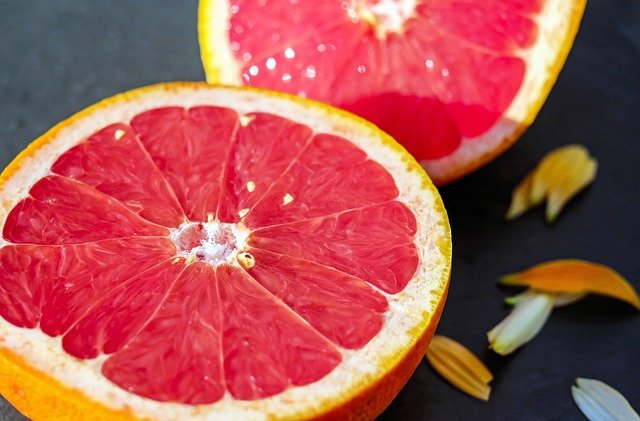Probiotics 101: Everything You Need to Know About Gut Health
The human gut is home to trillions of microorganisms, including both beneficial and harmful bacteria. Maintaining a healthy balance of these bacteria is crucial for optimal gut health and overall well-being. One way to support this balance is by consuming probiotics.
What are Probiotics?
Probiotics are live bacteria and yeasts that provide numerous health benefits when consumed in adequate amounts. These microorganisms are similar to the ones already present in our gut, helping to restore and maintain a healthy balance.
Probiotics can be found in various foods and dietary supplements. The most common strains of bacteria found in probiotics include Lactobacillus and Bifidobacterium. Each strain may offer different health benefits, so it is essential to choose the right probiotic for your needs.
Health Benefits of Probiotics
Consuming probiotics can positively impact gut health and may provide several other benefits for the body. Here are some of the key advantages associated with probiotics:
1. Improved Digestion
Probiotics help break down food and absorb nutrients more effectively in our digestive tract. They enhance the production of enzymes that aid in digestion, promoting smoother digestion and reducing the risk of digestive disorders such as bloating, gas, and diarrhea.
2. Enhanced Immune Function
Approximately 70% of our immune system resides in the gut. Probiotics stimulate the production of immune cells and strengthen the gut’s defense mechanisms. By maintaining a healthy balance of gut bacteria, probiotics help reduce the risk of infections and support overall immune function.
3. Reduced Inflammation
Inflammation in the body can contribute to various chronic diseases. Probiotics have been shown to reduce inflammation by regulating the immune response and promoting a healthy gut lining. By reducing inflammation, probiotics may help prevent conditions such as inflammatory bowel disease, eczema, and certain allergies.
4. Improved Mental Health
Recent studies have highlighted the connection between the gut and the brain. The gut is often referred to as the “second brain” since it contains a vast network of nerves that communicate with the central nervous system. Probiotics play a crucial role in this gut-brain axis, influencing mental health and well-being. They may help alleviate symptoms of anxiety, depression, and stress by modulating neurotransmitter activity and reducing inflammation in the brain.
How to Incorporate Probiotics into Your Diet
There are several ways to introduce probiotics into your diet:
1. Fermented Foods
Fermented foods are excellent natural sources of probiotics. Incorporate foods like yogurt, sauerkraut, kimchi, kefir, and tempeh into your diet. These foods contain live cultures of beneficial bacteria that can help restore and maintain a healthy gut.
2. Probiotic Supplements
If you find it challenging to consume enough probiotics through food alone, supplements can be a convenient alternative. Consult with a healthcare professional or a registered dietitian to find the right probiotic supplement for your specific needs.
3. Prebiotic-Rich Foods
Prebiotics are a type of fiber that nourishes the beneficial bacteria in our gut. Foods like onions, garlic, bananas, asparagus, and whole grains are rich in prebiotics. By consuming prebiotic-rich foods, you provide fuel for the probiotics, allowing them to thrive and multiply.
4. Probiotic Drinks
Probiotic drinks, such as kombucha and certain types of kefir, are becoming increasingly popular. These beverages contain live cultures of bacteria that provide similar benefits to those found in fermented foods.
Conclusion
Probiotics play a crucial role in maintaining a healthy gut and overall well-being. By incorporating probiotic-rich foods or supplements into your diet, you can support digestion, boost your immune system







